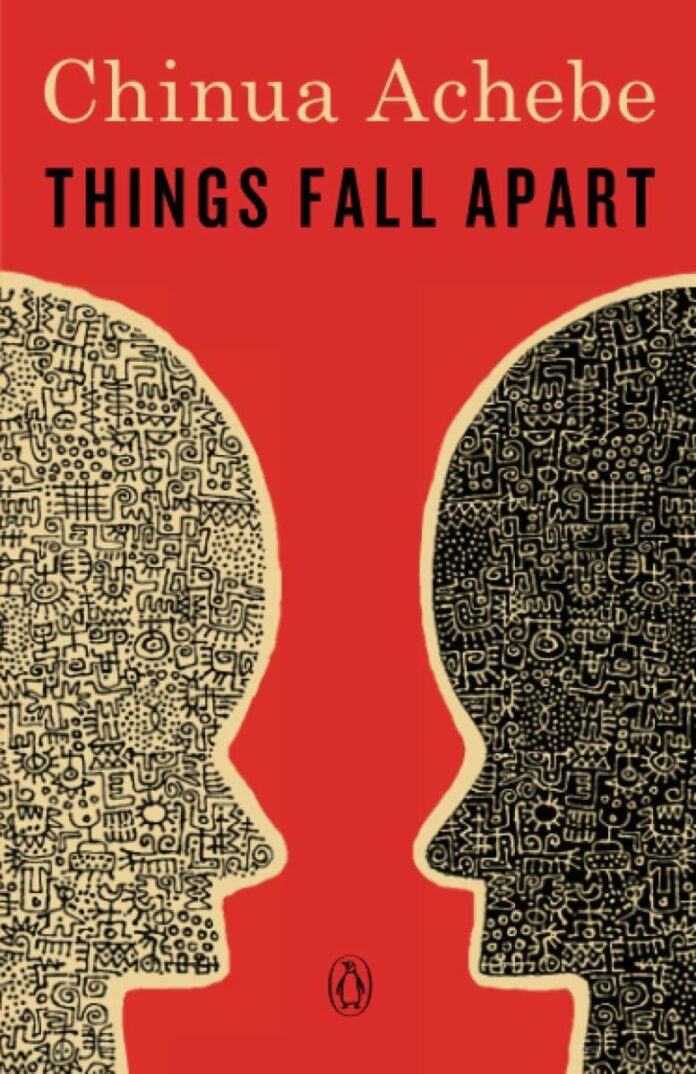Things Fall Apart by Chinua Achebe examines the effect of colonialism on the Igbo community Umuofia in Nigeria. Through the protagonist, the Igbo warrior Okonkwo, the reader gains insight on precolonial Africa and how missionaries affect the overall culture of the community. Things Fall Apart is Achebe’s first novel, and one of his main purposes in writing the novel was simply to tell the true story of himself and his people. For centuries, the story of Africa has been told by European writers and has not been accurate. He wanted to write a story that would be an accurate representation of his culture. In his novel, Achebe chose to write about the moment of change in history when one culture is in conflict with another culture. His goal was not to paint an idealized vision, but rather an authentic story in which African culture was seen in all its grandeur and weakness. This novel has been pivotal, as it enlightens the reader on an often overlooked history and is key in the creation of an authentic African voice in literature. This novel has been translated into fifty-seven languages, and around the world readers find something in the story that resonates in their own history. Things Fall Apart demonstrates the universals of the human story through its portrayal of the clash of two cultures. Throughout the novel, Achebe conveys the importance of communication and open dialogue when guiding a society. He shows the value of being open to other cultures and acknowledging that there is never a “right way” of thinking. In reading this book, I gained tremendous insight about the Igbo community, including aspects of its religious beliefs and moral and ethical codes. I learned about the Igbo history, such as their traditions, dedication to education, marriage ceremonies, and hospitality to name a few. Not only did Things Fall Apart enlighten me on African culture and history, it also taught me several lessons about identity, respect for others, and cultural empathy that can be applied in my daily life.

